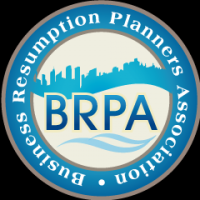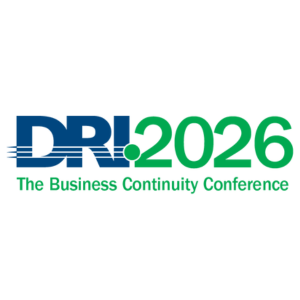Collaborative Partner Organizations

As the leading nonprofit that helps organizations around the world prepare for and recover from disasters, DRI relies on a wide network of partner organizations who share that mission and promote greater resiliency. By building meaningful relationships with these organizations, DRI is growing the global business continuity community and building a platform for enhanced knowledge sharing.
If you are a Certified Professional, DRI encourages you to actively support these valuable partner organizations; start by viewing the profiles below.
If you represent an industry group, DRI encourages like-minded organizations to become DRI partners. Partner benefits are many and include access to DRI expert speakers, promotional capabilities, and discounts. For information, contact Buffy Rojas Leach at brojas@drii.org.

ISACA NY - Information Systems Audit and Control Association
Visit WebsiteMembership: Professionals in information systems audit/assurance, information security, IT risk management, and governance
Geographic Area: New York Metropolitan area
Mission: Provide world-class training, networking opportunities, and guidance while contributing to the profession both locally and internationally.

BRPA - Business Resumption Planners Association
Visit WebsiteMembership: All Disaster Recovery, Business Continuity, and Risk Management Professionals
Geographic Area: Washington D.C., Maryland, Northern Virginia, Delaware and Southern Pennsylvania
Mission: MADRA is a regionally based, multi-faceted forum established to educate, network and share best practices among professionals supporting risk management, business continuity and disaster recovery.

DRI
Visit WebsiteMembership: Test Membership
Geographic Area: Test Area
Mission: Lorem ipsum is a placeholder text commonly used to demonstrate the visual form of a document or a typeface without relying on meaningful content. Lorem ipsum may be used as a placeholder before the final copy is available. It is also used to temporarily replace text in a process called greeking, which allows designers to consider the form of a webpage or publication, without the meaning of the text influencing the design.






















